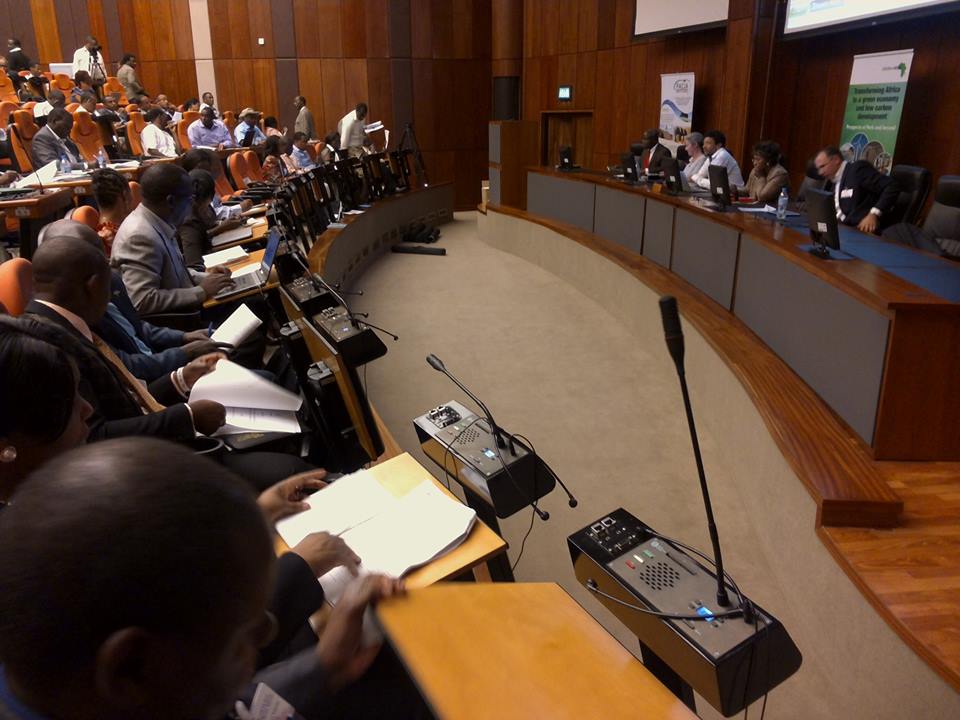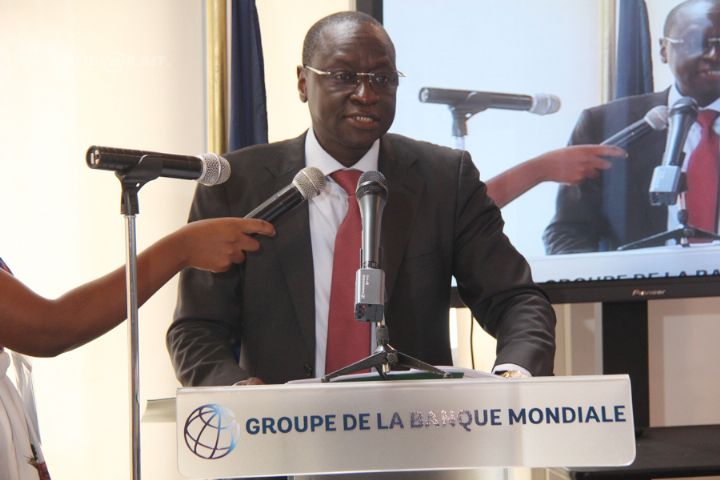
Aaron Kaah Yancho reports from Dar es Salaam Tanzania
The just ended pioneering AFRICAN CLIMATE Talk’s conference on the Julius Nyerere international conference center in Tanzania has mobilized the engagement of Africans from all spheres of life in the lead up to the Paris Cop21 later this year.
This 3-day conference also built up consensus towards a common African position on the post 2015 frame work and also developed mechanisms to hold African policy makers and negotiations accountable to that vision.
In his closing remarks at the end of the conference Prof Pius Yanda of the University of Dares Salam, sounded optimistic that the vision of the conference was met. He called on Africans to strengthen its alliances so as to go to Paris with a unified voice, “Let us be one as we create more public awareness on climate change and the role we all can play in the climate change global governance” He added.
Prof. Pius Yanda exhorted the African group of negotiators to digest the content of the conference resolutions to better have a critical reflection of the expected results ahead of the Paris rendezvous. “These resolutions should give our group of negotiators a clear picture of what we think and ample time to reflect on these great themes” Prof Yanda remarked.
Highlighting the key issues emerging from the debates and Africans message to Paris Dr Yemi Katerere of the World Wide Fund for nature (WWF) underlined that climate change was an urgent and complex challenge for the development of African. He discussed that the global climate governance needed to be more prudent and Pragmatic in the lead up to Africa’s response.
“The time to act was now” he added. He further called on African governments to mainstream mitigation and adaptation issues into all national agendas, to define and support national policy frameworks, implement capacity building programmes and funding for appropriate responses.
Mr. Kabyemera Justus of the Climate Development Special Fund who chaired the closing session had decried the limited lack of transparency and accountability in the management of climate related funds as stumbling blocks to Africa’s climate change response
“Poor institutional settings, the lack of data and the accessing of funds on an individual and country level basis’s were challenges that marred climate change adaptation in Africa“. He remarked. “We need to close these gaps by ourselves by having our own funds to be self reliant”. Mr. Justus re-interacted.
Harping on the themes in the text for Paris, the participants all accepted that Africa’s Vulnerability in the face of the climate change was a huge factor to favor Africa’s debates and negotiations in Paris. In looking at what provisions should Paris make for means of implementation Prof. Dr. Oliver C. Ruppel Professor of University of Stellenbosch South Africa said Africa’s self-esteem to Paris needed to be improved.
“We don’t have all the data that we need but the evidence of climate change is overwhelming around the continent. Climate science is also social science” he cautioned. The South African professor called on Africa to make good use of the Paris opportunity so as to seek support from the ideas that promote the continents sustainable development, mitigation and adaptation goals.
In his final comments, Dr. Yemi remarked that the participants needed to determined commitment to Africa prosperity. “We need to hear all voices, the Youths are critical because they provide a platform for new ideas and the Vulnerable groups too as ways of finding solutions “ he said. Further stressing that African solutions needed to go beyond projects to resilient ideas, the WWF employee concluded “We cannot compromise on food security any more” he ended.
Judging from the Tanzanian expedition in the countdown to Paris, Africa seems to be engaging in confidence, so as to shun the existing system of dominance and exclusion that have often stifled a common position for the continent.
The magnitude of the Tanzanian event can be gauged from the attendance which included the Vice President, Ministers from the host country, Hon O.C.Z. Muchinguri, Minister of Environment, Water and Climate in Zimbabwe, the staff of the United Nations Economic Commission for Africa, FAO, WWF, Politicians, Researchers, Members of the Pan African Climate Justice Alliance, CSOs and Journalists.












